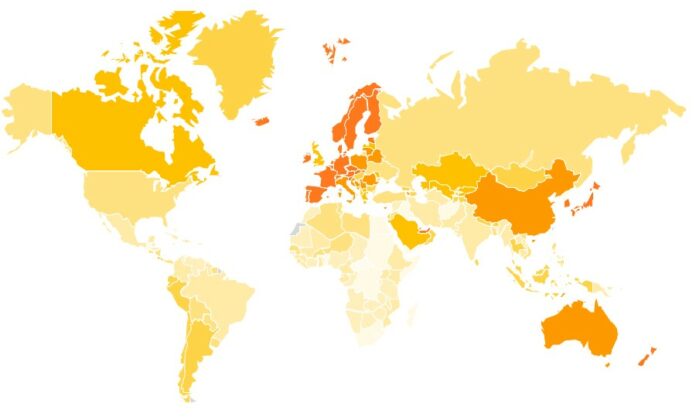Dr. Bassem Ali Khreisan
The Social Capital of a nation is the sum of social stability and the well-being (perceived or real) of the entire population. Social Capital generates social cohesion and a certain level of consensus, which in turn delivers a stable environment for the economy, and prevents natural resources from being over-exploited.
In addition to local historical and cultural influences, the social consensus in a society is affected by several factors: health care systems and their universal availability/affordability (measuring physical health); income and asset equality, which are correlated to crime levels; demographic structure (to assess the future generational balance within a society); freedom of expression and freedom from fear; and the absence of violent conflicts. Only in these circumstances can the economy flourish, generate value, jobs and income for the population.










